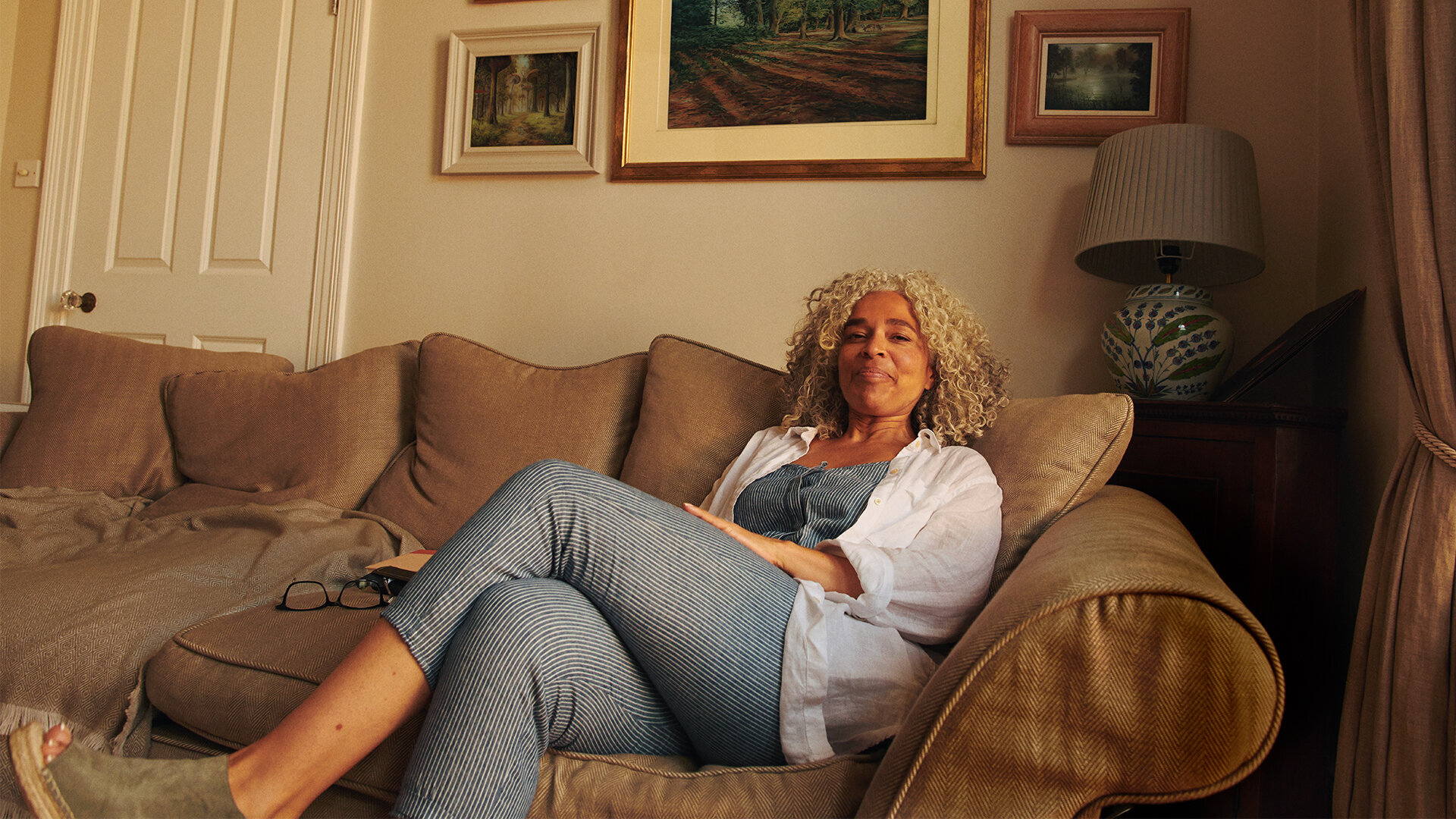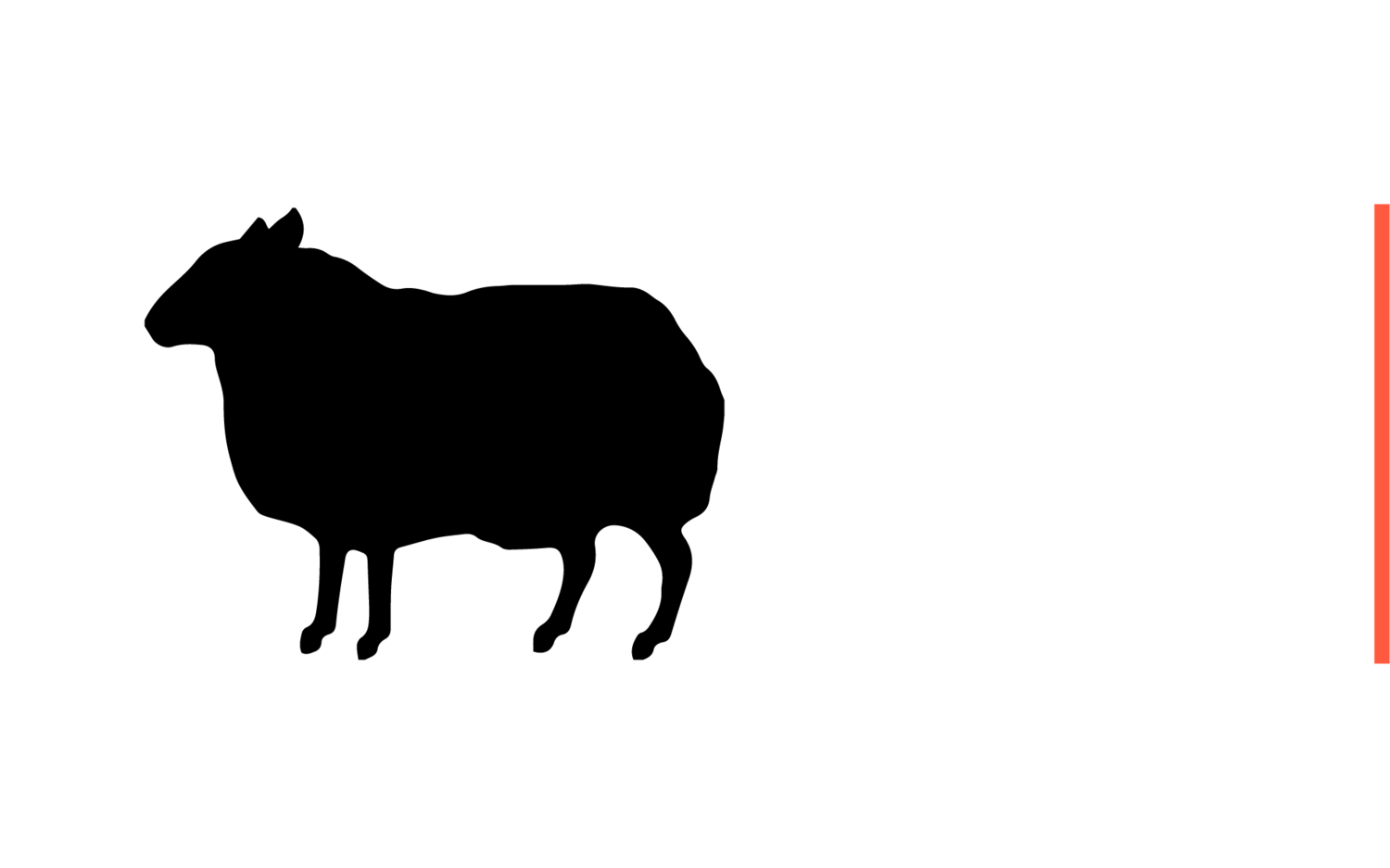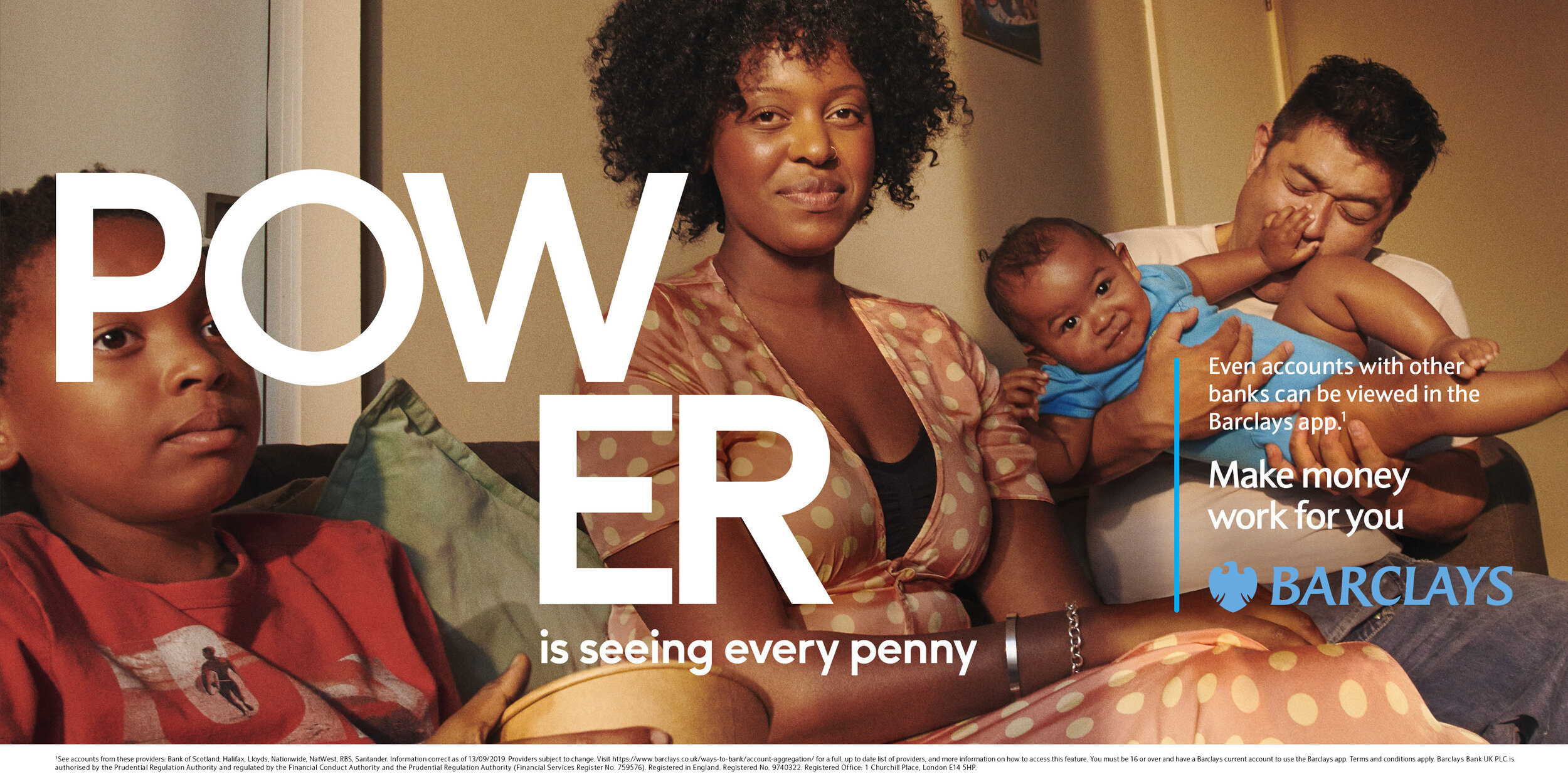
barclays
how purpose paid
Capabilities:
When you’re the least trusted brand in the least trusted sector, how do you even start earning people’s confidence again? For Barclays, we helped turn things around by getting the bank back in touch with its 300+ year history of helping customers, with a forward-facing focus on digital upskilling.
3.5x
Increase in trust over previous campaigns.
460k
Financial product sales.
£3.06
Short-term Income ROI.
The 2008 global financial crisis rattled customer confidence across the banking sector – an unfortunate but not unexpected consequence. But Barclays’ problems were far from over. Four years later, the bank made headlines for its role in the Libor scandal.
As a result, trust in Barclays reached an all time low. Customers rated Barclays significantly worse than the competition. And for banks, trust isn’t just a nice-to-have metric – if customers couldn’t have confidence in Barclays’ ability to safeguard their money, Barclays’ long-term sales and profitability were at risk. We needed to take action.
A bank with a brand purpose.
Purpose gave us a mission. But to support causes with a genuine connection to Barclays, we needed a stronger direction. We took inspiration from Ashok Vaswani, CEO of Barclays UK:
“The digital revolution is having an even more profound effect on our lives than the industrial. All revolutions have a social cost, and our role is to make sure that we take everyone forward and leave no-one behind on this journey.”
Building on Ashok’s commitment, we focused on regaining trust by helping people navigate the digital world.
We did this through four key initiatives:
Anyone who’s ever been on Skype with their grandparents knows that technology is definitely not ‘intuitive’ for everyone. Barclays’ tech gurus – the Digital Eagles – are an army of branch colleagues who help the digitally unconfident learn new skills.
4500
Barclays employees volunteered to become Digital Eagles.
115k
'Tea & Teach' sessions put on.
3M
Visitors to the webpage.
When you’re getting ready to enter the workforce, knowing how to maintain eye contact in an interview can matter more than remembering how to solve polynomial equations. We developed Barclays’ LifeSkills to close the gap with employability tips for the twenty-first century.
6M
People who've had LifeSkills training.
84%
UK secondary schools registered.
16k
Barclays colleagues registered as volunteers.
Not too far down the line, not knowing how to code will be akin to being illiterate. The Code Playground was a real and virtual space designed to teach kids (and their parents) the language of the future.
769k
Sessions on codeplayground.co.uk.
103k
In-branch Code Playground sessions.
30k
Hours of kids coding.
Is that really your bank asking you for your PIN and password? Over text? In short documentary-style videos with surprising reveals, we exposed the clever tactics fraudsters use to trick people into sharing personal details as well as the dangers of oversharing on social media.
1M
Pageviews on the 'Digital Safety hub'.
55k
People who took the Online Safety quiz.
868k
Barclay's educational articles read.



